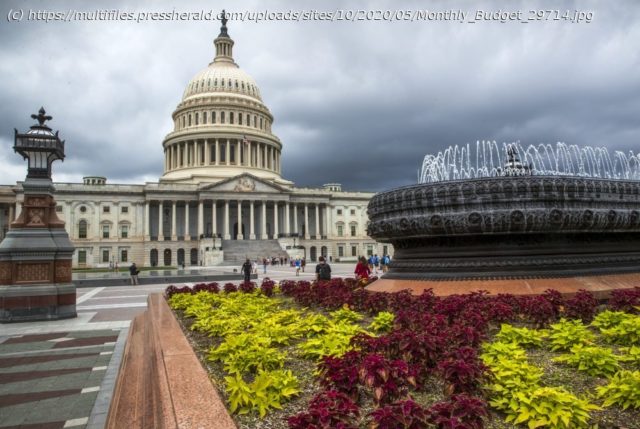Analysts say the annual deficit could exceed $4 trillion by the end of the fiscal year in September.
The federal budget deficit widened to a record $738 billion in April as the government’s efforts to combat the coronavirus pandemic led to massive levels of new spending and sharply lower tax collections, the Treasury Department said Tuesday.
In April, the federal government spent about $980 billion but brought in only $242 billion in new tax revenue. In the past two months, lawmakers have approved almost $3 trillion in emergency relief in response to the downturn and postponed certain tax requirements for businesses and individuals. Previously, deficits of $1 trillion for an entire year were considered unusually high.
Independent analysts have projected the annual deficit could exceed $4 trillion by the end of this fiscal year, which concludes at the end of September. Lawmakers are already at work on a fifth relief package as unemployment rises to levels not seen since the Great Depression.
“We have run $1 trillion deficits annually only four times in American history. At this point in the pandemic and recession, we are looking at costs of close to $1 trillion per month,” said Brian Riedl, a policy analyst at the libertarian-leaning Manhattan Institute.
The deficits for April were driven primarily by an increase in spending. The U. S. spent $980 billion in April 2020.






